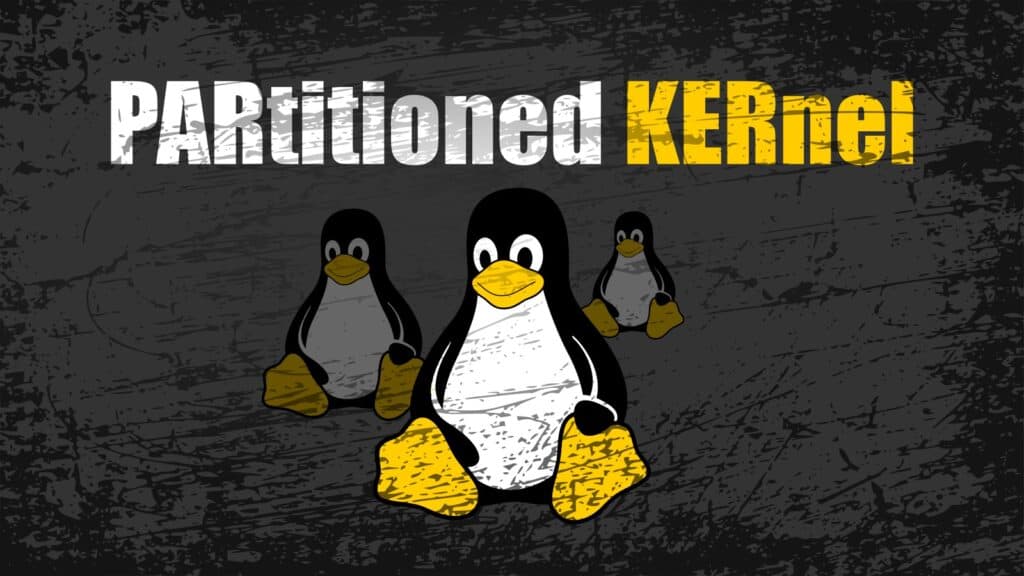ByteDance, the company best known for owning TikTok, has floated a new idea for the Linux kernel. In a recent RFC posted to the Linux Kernel Mailing List, engineers Fam Zheng and Thom Hughes introduced Parker (short for “PARtitioned KERnel”).
The concept is designed to allow multiple Linux kernels to run simultaneously on a single physical machine—without relying on traditional virtualization tools like KVM. Just a quick reminder—there was a similar proposal only a week ago, the one from the Multikernel Project.
In this case, however, the approach is slightly different. Parker works by dividing hardware resources. The so-called Boot Kernel takes charge first, carving out CPU cores, memory regions, and I/O devices, then handing those pieces over to what the developers call Application Kernels.
As a result, each kernel runs independently, with no communication between them, which in theory makes the setup more scalable on servers with very high core counts.
One use case the engineers see is running kernels with different configurations or performance tuning, tailored to the workloads they handle. Parker achieves this by exposing a kernfs interface and using kexec to hot-load the secondary kernel images into reserved memory. Before doing that, the Boot Kernel has to offline CPUs, reserve memory, and detach devices so that each partition can operate safely.
However, not everyone is convinced that this approach is the right one. Intel’s Dave Hansen pushed back on the proposal, warning that without a supervising layer, there’s no way to stop conflicts between kernels. For example, a kernel toggling split lock detection or issuing system-wide instructions like WBINVD could cause problems for every other kernel on the machine.
Whether ByteDance’s proposal will move forward or fade like earlier attempts will become clear after the Linux kernel community has finished its debate.

If I remember correctly the GNU Hurd was also designed so that multiple instances of it can coexist (all driven by the underlying microkernel, as I understand). That however turned out quite difficult to manage, so much that after many years the Hurd hasn’t reached production stage.
I’m still not sure i understand what Parker does that one can’t do with a hypervisor.